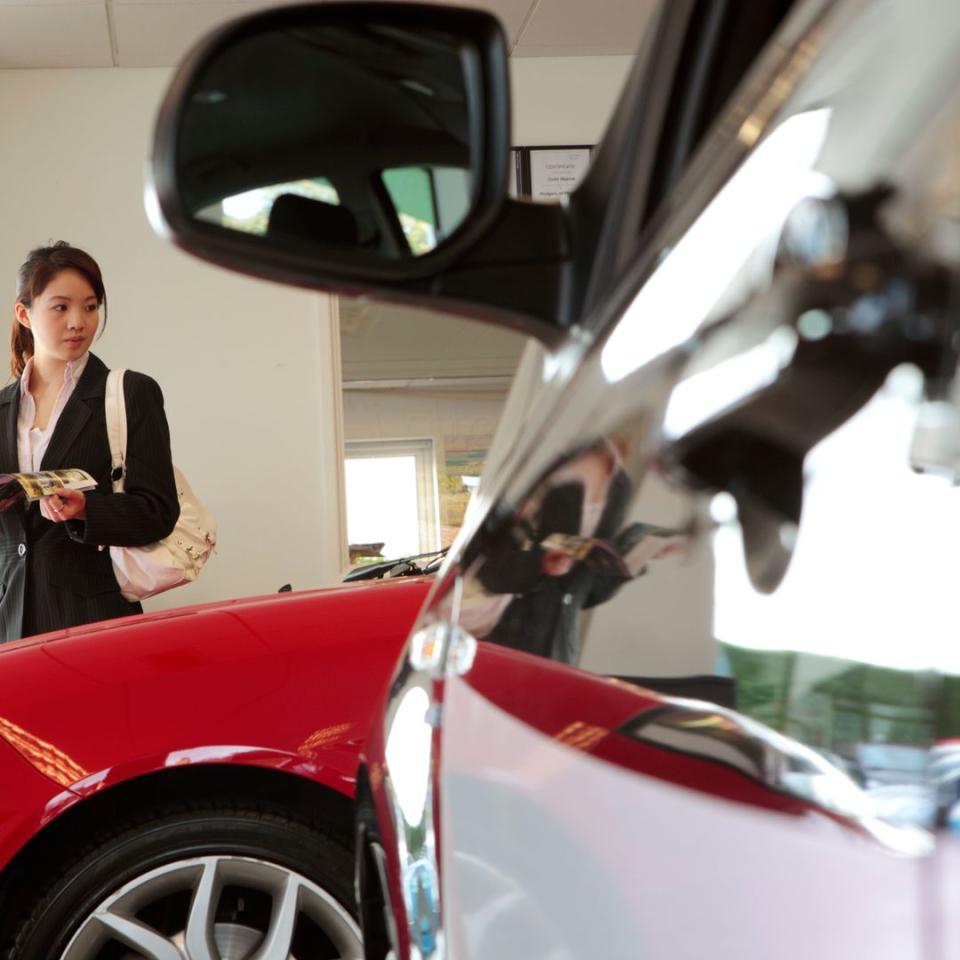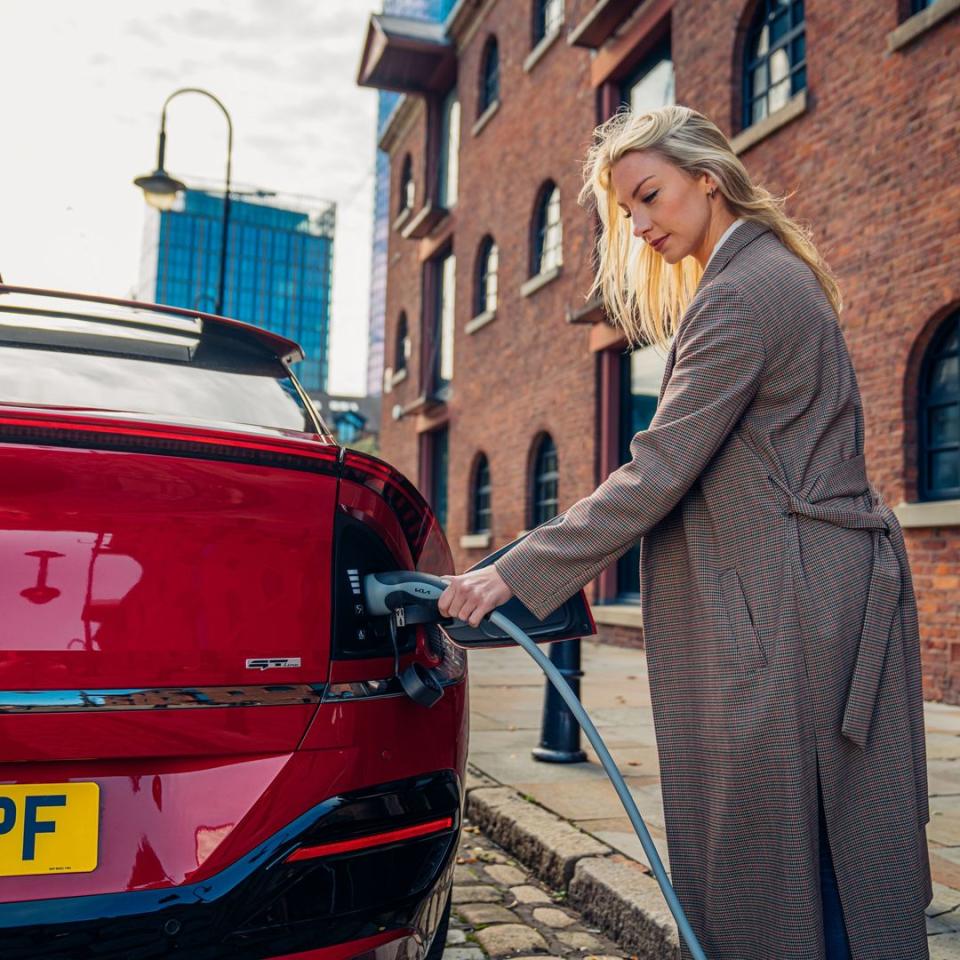A simple guide to car insurance and 6 ways to cut your premium

Running a car is more expensive than ever, so it's really important to keep your costs down. If you haven't bought outright, then you'll have to budget for your monthly finance payments; then there's fuel or charging, road tax, servicing, maintenance and repairs. Other expenses include breakdown cover, parking fees and permits, and tolls.
However, one of the biggest costs is insurance, and premiums are soaring. The cost of car insurance has surged by 46% in a year adding £292 to the average annual cost.
The punishing increase has taken the average annual premium up to £892, according to the Compare the Market comparison site.
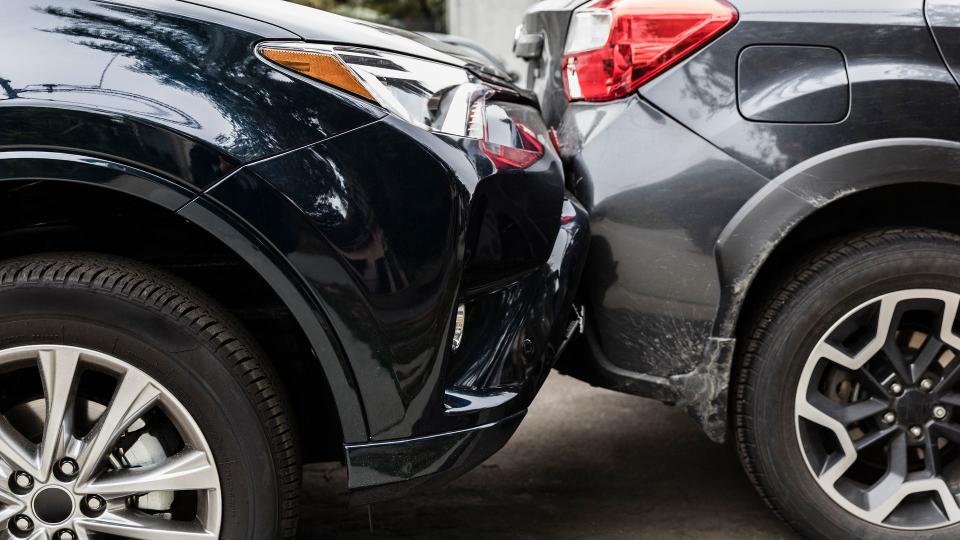
What is car insurance?
Car insurance protects you if your car is involved in an accident, stolen, vandalised or damaged by fire. As well as covering your car, motor insurance covers you for any damage you might cause to other vehicles, other people’s property, and injuries to other people.
Car SOS
How to feel more confident when buying a car How to feel more confident when buying a car
7 tips for learning to drive later in life 7 tips for learning to drive later in life
10 of your top electric car questions answered 10 of your top electric car questions answered
Why do I need car insurance?
You must have motor insurance to drive your vehicle on UK roads. It protects you, your vehicle and other motorists against liability in case there is an accident. It provides financial compensation to cover any injuries caused to people or their property.
Penalties for driving without insurance range from a fine and at least six points on your licence, to being disqualified from driving. The police can also seize, and in some cases, destroy the vehicle that’s being driven uninsured.
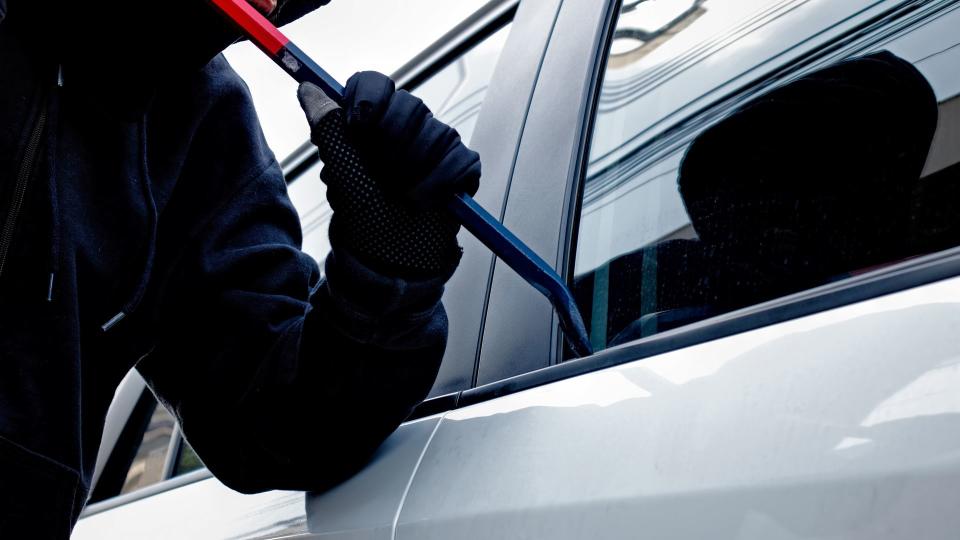
Different types of motor insurance cover explained:
Third party
This cover is the minimum legal requirement. It makes sure that compensation is available for injury to other people (including your passengers) or damage to other people's property resulting from an accident caused by you. It doesn't cover any of your costs as the result of an accident.
Third party fire and theft
Providing the same cover as third party only, TFT also insures you should your vehicle be damaged by fire or is stolen.
Comprehensive
This provides the same cover as third party fire and theft. However, it also covers you should your vehicle be damaged in an accident. Additions to this level of cover can include providing a courtesy car while your car is being repaired, legal expenses and roadside recovery.
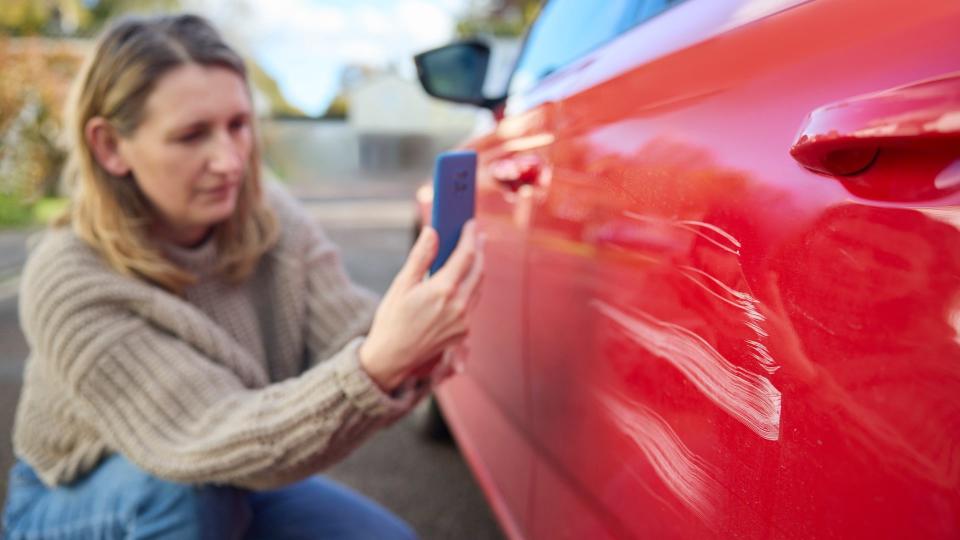
How much does car insurance cost?
The premium your pay to insure your car will depend on a number of factors including the type of vehicle you drive (the less powerful the better), whether you use your car for business, pleasure or commuting, your age, driving history and where you live.
Voluntary excess is also important. This is the amount you’re willing to pay towards the cost of a claim, in addition to the Compulsory excess. A higher figure will help to cut your premium, but only set a voluntary excess amount you're confident you'd be able to pay.
Adding an additional driver to your policy, such as your partner, could also lower your premium. However, adding young or inexperienced drivers would probably increase it.
Why car insurance is going up?
There are various reasons why the cost of insuring a car has soared over the past year especially.
Inflation is a major factor because it has pushed up the cost of repairs, replacement parts, energy costs and even the price of paint.
The cost to replace written-off vehicles has also increased as the average price of new cars has risen.
There's also an argument that today's sophisticated cars are helping to fuel insurance price hikes because their repair costs are higher. A simple bumper replacement now involves the replacement of expensive sensors for everything from parking to autonomous emergency braking (AEB).
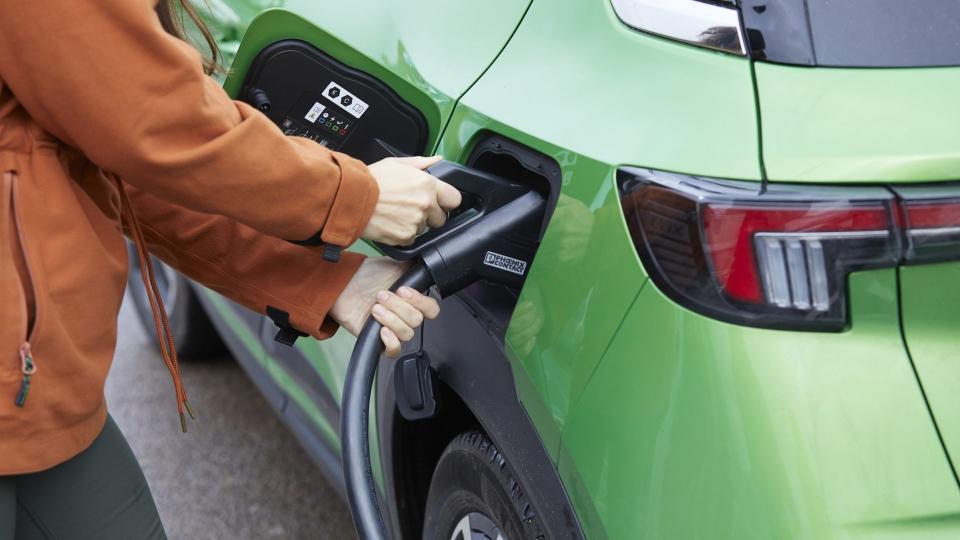
Are EVs more expensive to insure?
There is growing evidence that drivers of electric vehicles are being charged more to insure their cars than owners of conventional cars with petrol and diesel engines. Again, there are many reasons why electric car premiums have been hit harder.
One of the biggest ones is that EVs tend to be higher value, which means that insurers assume repair parts or fully replacing the car will cost them more.
RELATED: 6 things you need to know before buying your first electric car
Also, younger drivers have traditionally chosen cheaper, older, slower, smaller-engined cars. However, EVs are more expensive, newer, more powerful and faster, which means that they are at a higher risk of being involved in an accident.
EVs are also built with advanced technology and parts, meaning they're more expensive to repair or replace in the event of a claim. Some EVs take longer to fix too or require specialist mechanics, while the high cost of repairing and replacing batteries meaning EVs are more commonly written off.
What is a No Claims Bonus?
Also known as a No Claim Discount (NCD), a No Claims Bonus (NCB) is a discount your insurer can apply to the price of your car insurance policy to recognise your claim-free driving history.
The amount of money varies for each insurer, but the more consecutive years you go without making a claim, the greater the discount you might get.
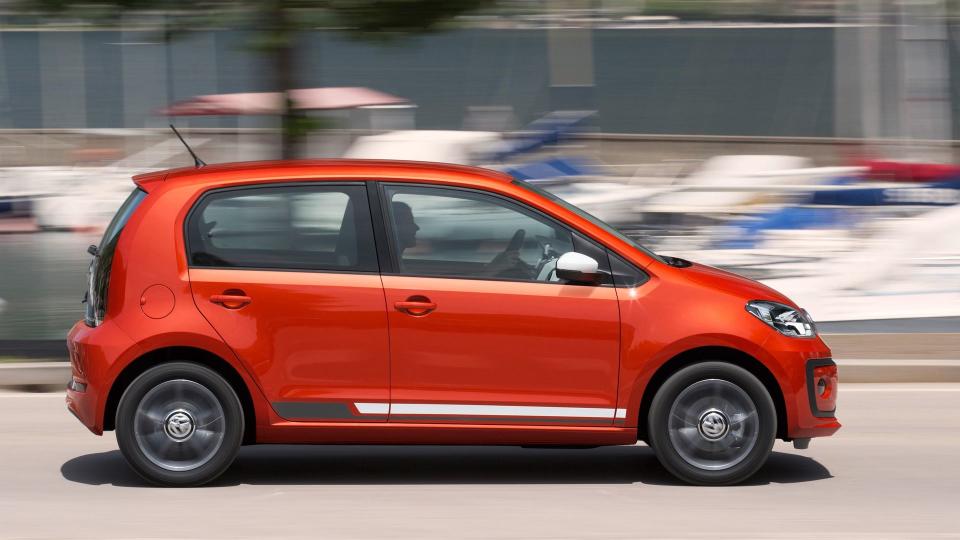
Car insurance groups explained
Cars are placed in insurance groups, also known as insurance bands, to help calculate the cost of insurance policies. Broadly speaking, the lower the number, the cheaper a vehicle is to insure.
There are 50 car insurance groups. Cars in insurance Group 1 are the cheapest to insure, while vehicles in Group 50 are the most expensive to insure.
Small cars, such as the Skoda Citigo, Kia Picanto, Hyundai i10 and Volkswagen Up!, tend to be in the cheapest groups. Family cars including the Nissan Qashqai range between 11-25, while a Tesla Model Y falls into groups 46-50.
Ways to lower your annual premium
There are things you can do to cut the cost of your car insurance. Here are six of the best:
Choose the right car
When you're choosing your next car, check what it will cost to insure. The basic rule of thumb is that the more impressive the vehicle, the more it will cost to insure. Not only will it attract thieves and vandals, it will cost more to repair and is more likely to be involved in an accident because it's likely to be powerful and fast.
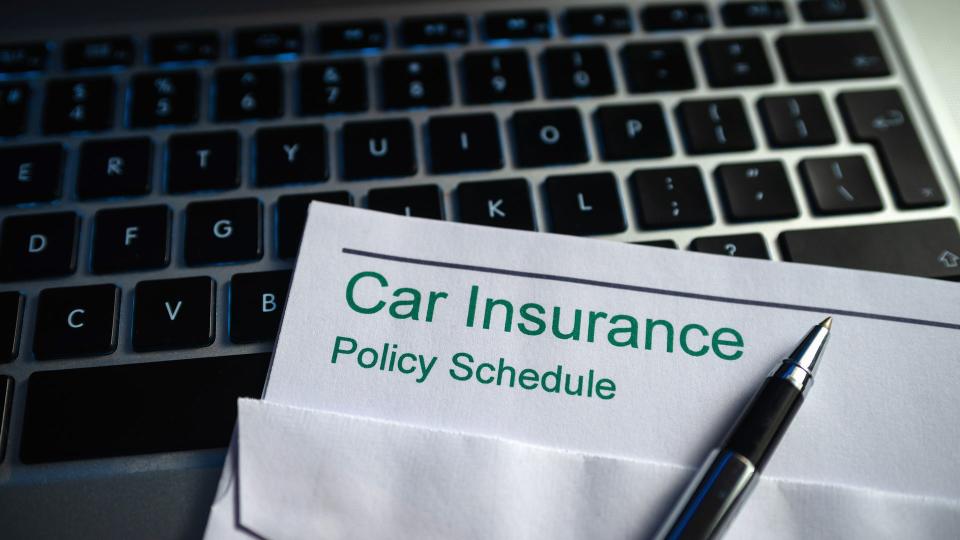
Pay upfront
When you find a car insurance policy that ticks all the right boxes, you'll probably be given the opportunity to pay in one lump sum or in monthly instalments. If possible, pay upfront because by paying monthly you are effectively taking out a loan from the insurer with added interest rates.
Shop around
One of the best ways to find cheaper car insurance is by shopping around and comparing prices in the weeks before your renewal. Use comparison websites like Go.Compare, MoneySuperMarket and Compare the Market, and if you find a cheaper price don't be afraid to go back to your insurer and ask it to match or lower the price. The golden rule is never to allow your policy to auto-renew. Even if you don't find a cheaper quote elsewhere, the odds are that you will be offered a better deal with your existing insurer if you tell them you're thinking of switching.
Drive sensibly
Avoid accidents and speeding fines because these will impact your policy. Whether an accident is your fault or not, making a claim will usually lead to an increase in your car insurance premium the following year. Insurance companies also take a dim view of points on your licence because they suggest a higher risk of accidents and claims.
Location, location, location
Insurance companies assess crimes relating to car theft, fire and vandalism in your area, so changing your address could affect the cost of your car insurance premium. Insurers will also offer you a more affordable premium if you keep your car in a secure garage on a driveway overnight, rather than on the road.
DISCOVER: I found out my driving anxiety was a surprising symptom of perimenopause
Mileage matters
Most people estimate their mileage when getting a car insurance quote, but it's not that difficult to get a more accurate figure, which could help lower your premium. Check your MOT history online or using recent certificates. They will show your mileage from previous years. Car insurance premiums are usually cheaper for those who drive fewer miles, because the more miles you drive, the greater the chance of having an accident.


